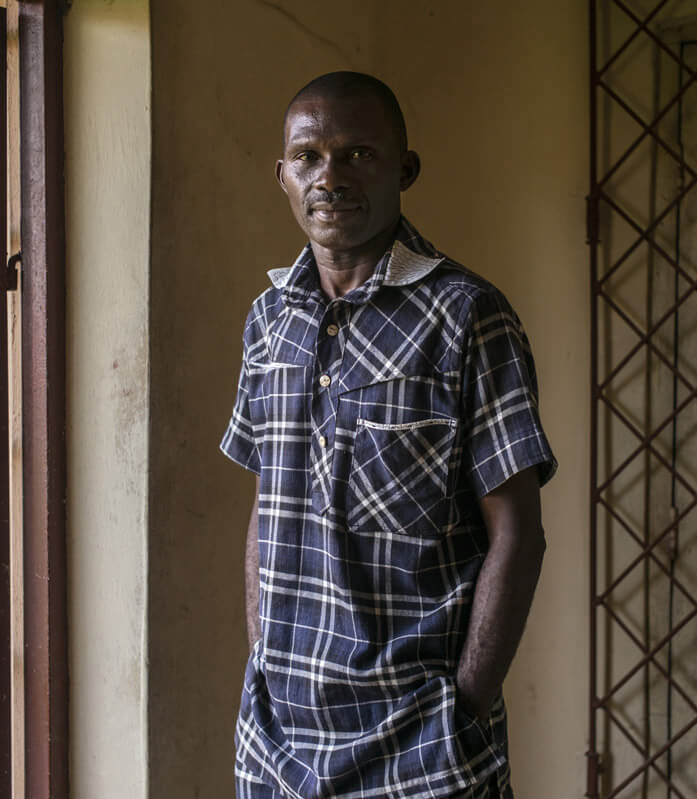“THE BELIEVER” – BIAFRA WAR (1967–1970)
Theophilus Chukwuemeka Amadi was one of the children with the distended bellies caused by starvation whose images flashed around the world in the late 1960s. The children were suffering from a severe protein deficiency, a consequence of the Biafra War, during which the region was systematically cut off from the food supply. As a three-year-old, he survived only because he received food and medicine from aid organisations. Organisations that provided life-saving sup- plies to hundreds of thousands of people.
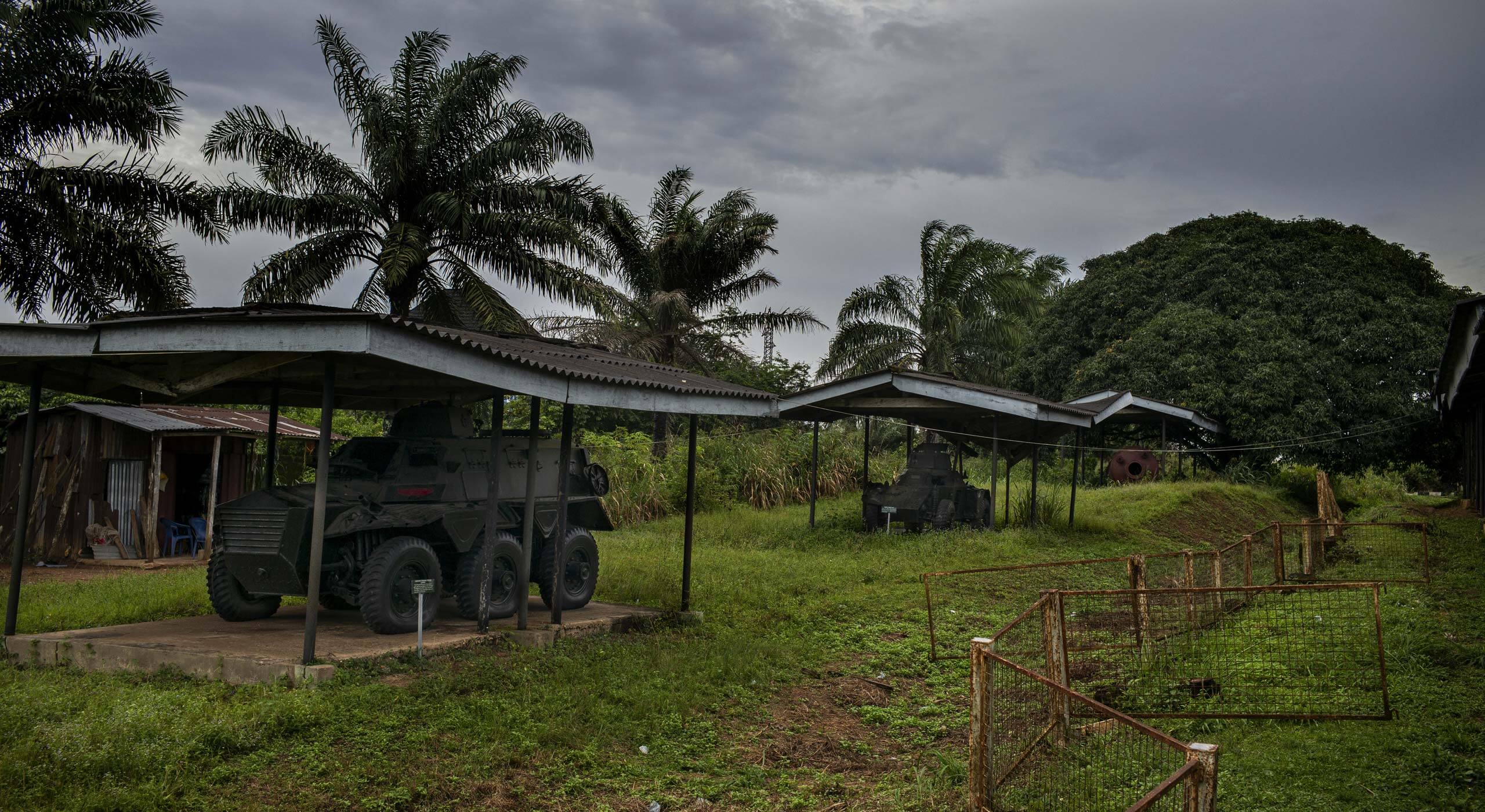
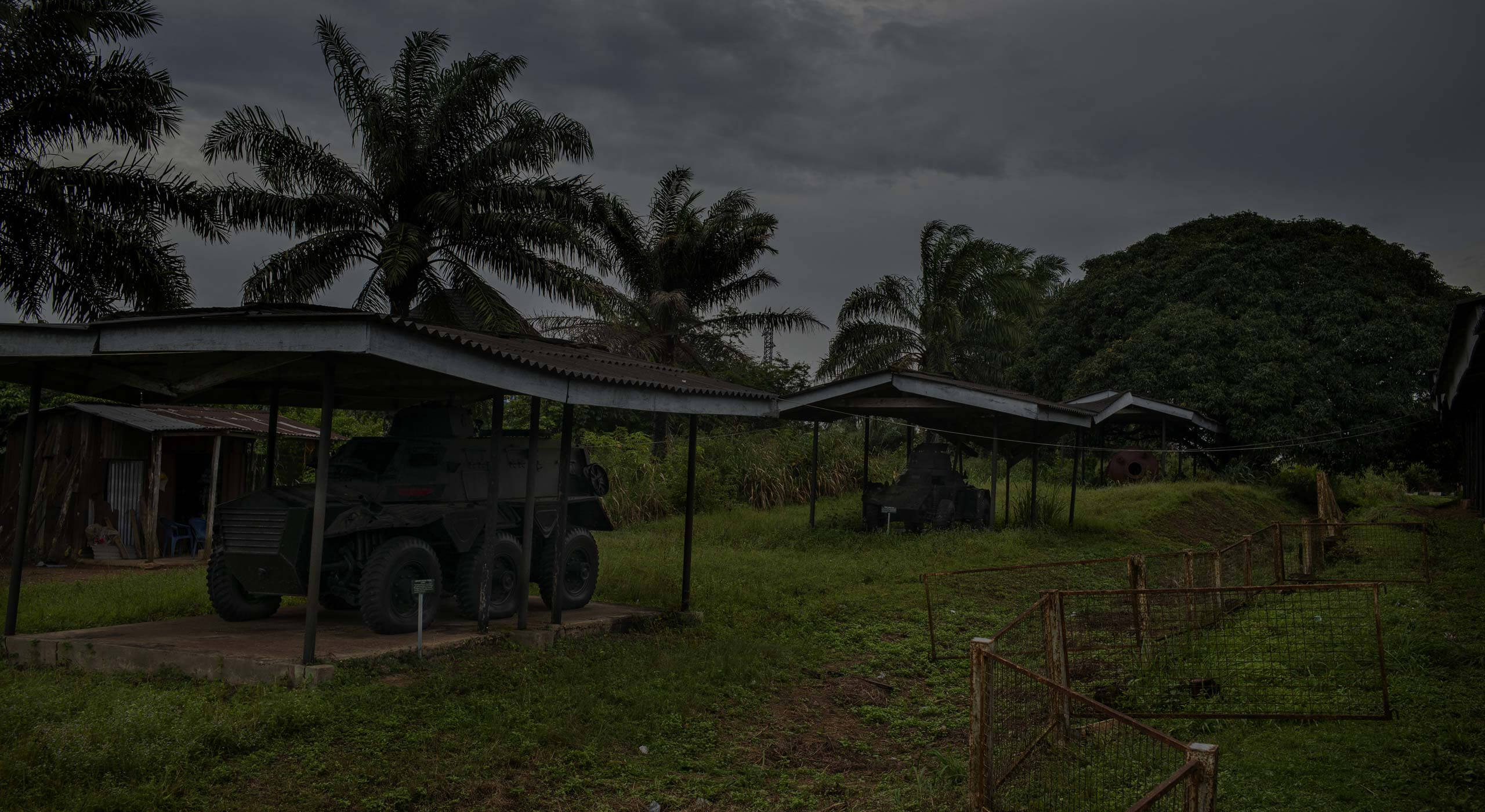
Theophilus Chukwuemeka Amadi was born in 1965 in Ibadan, a city of millions in central Nigeria. He is the pride and joy of his 16-year-old mother and a much older father, who remained childless with his first wife. With the first expulsions and massacres of the Igbo, the family flees to the southeast, to his father's home village near the small town of Nekede. However, the conflict soon comes after them.
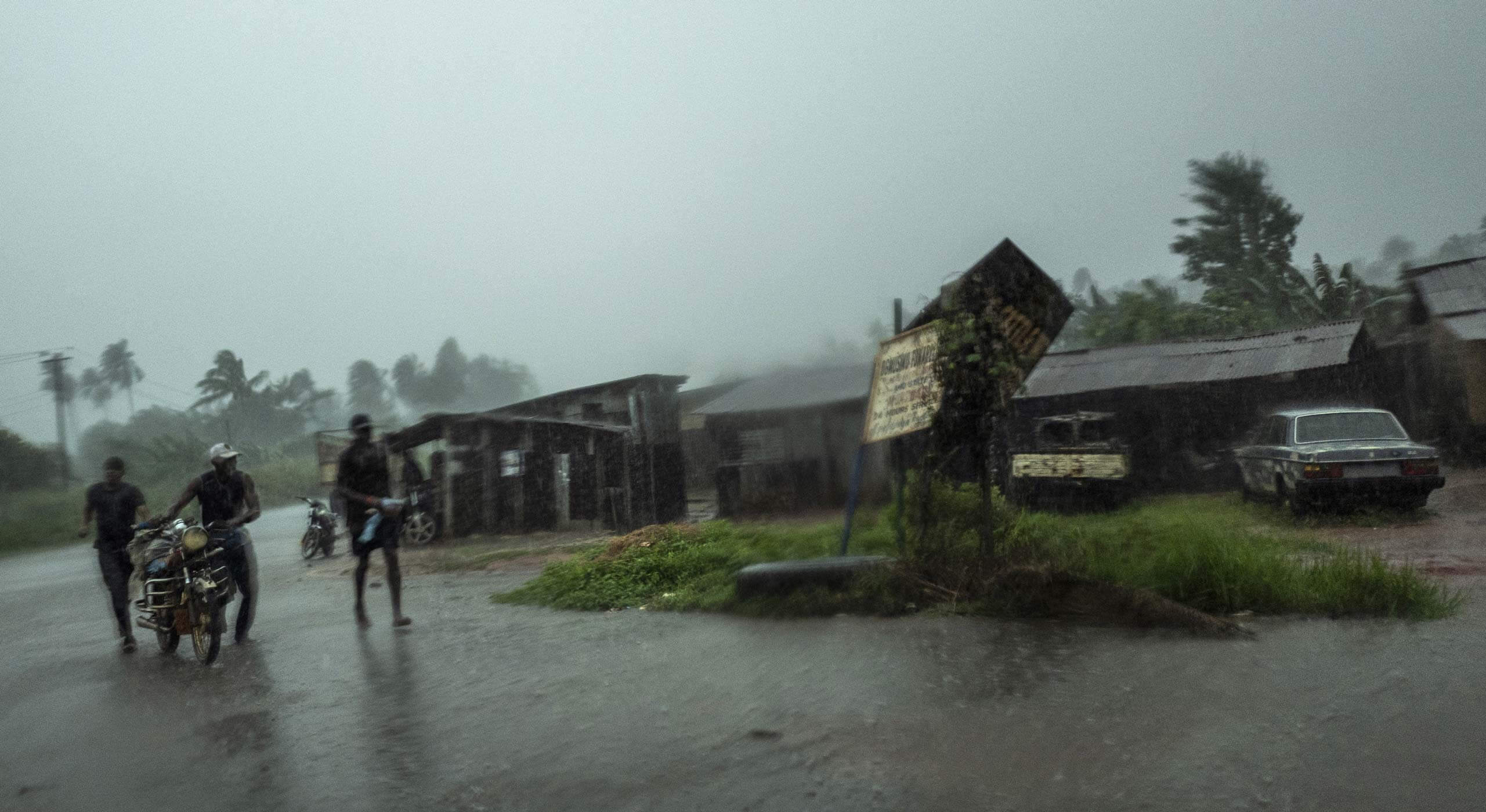
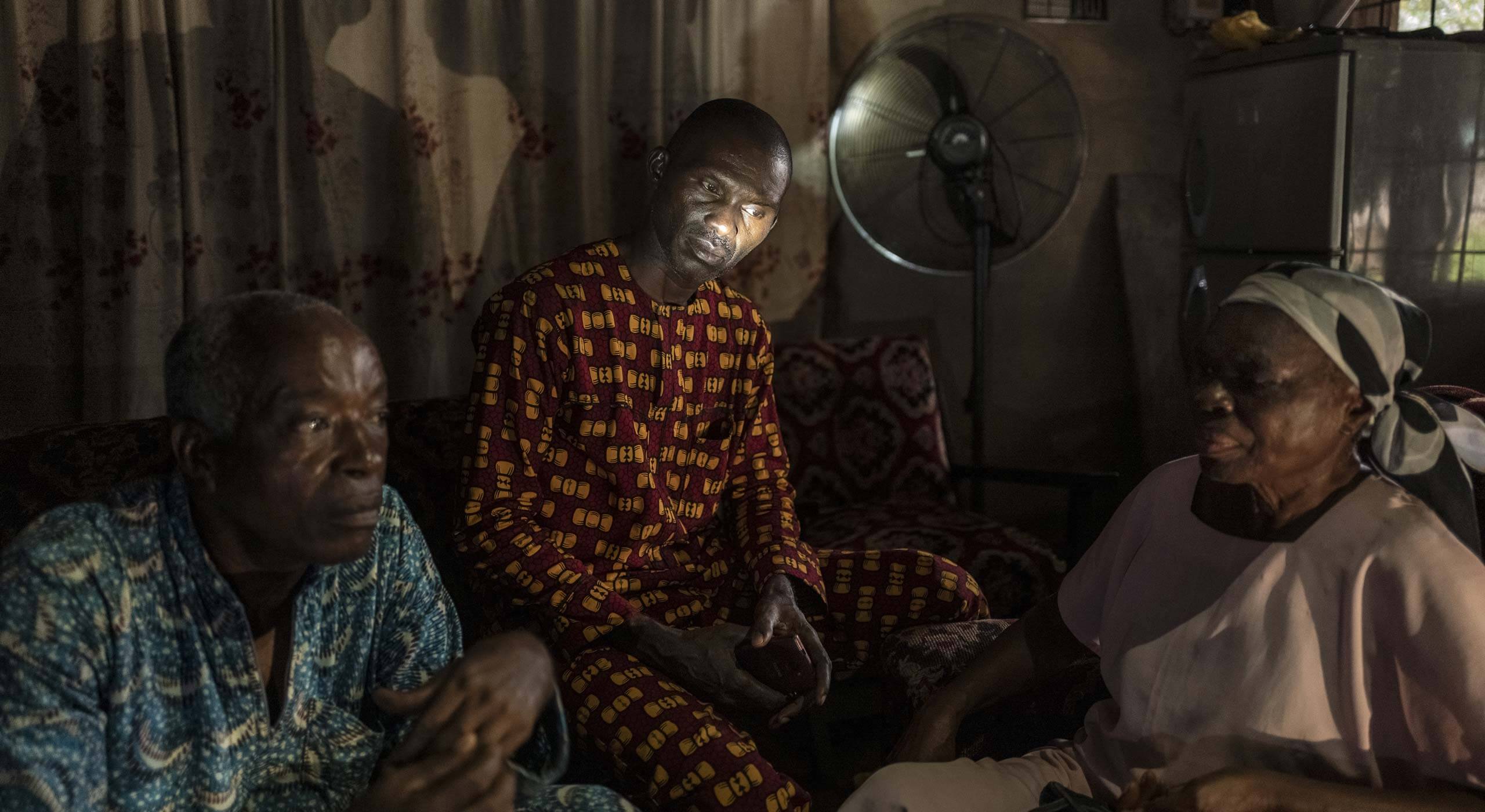
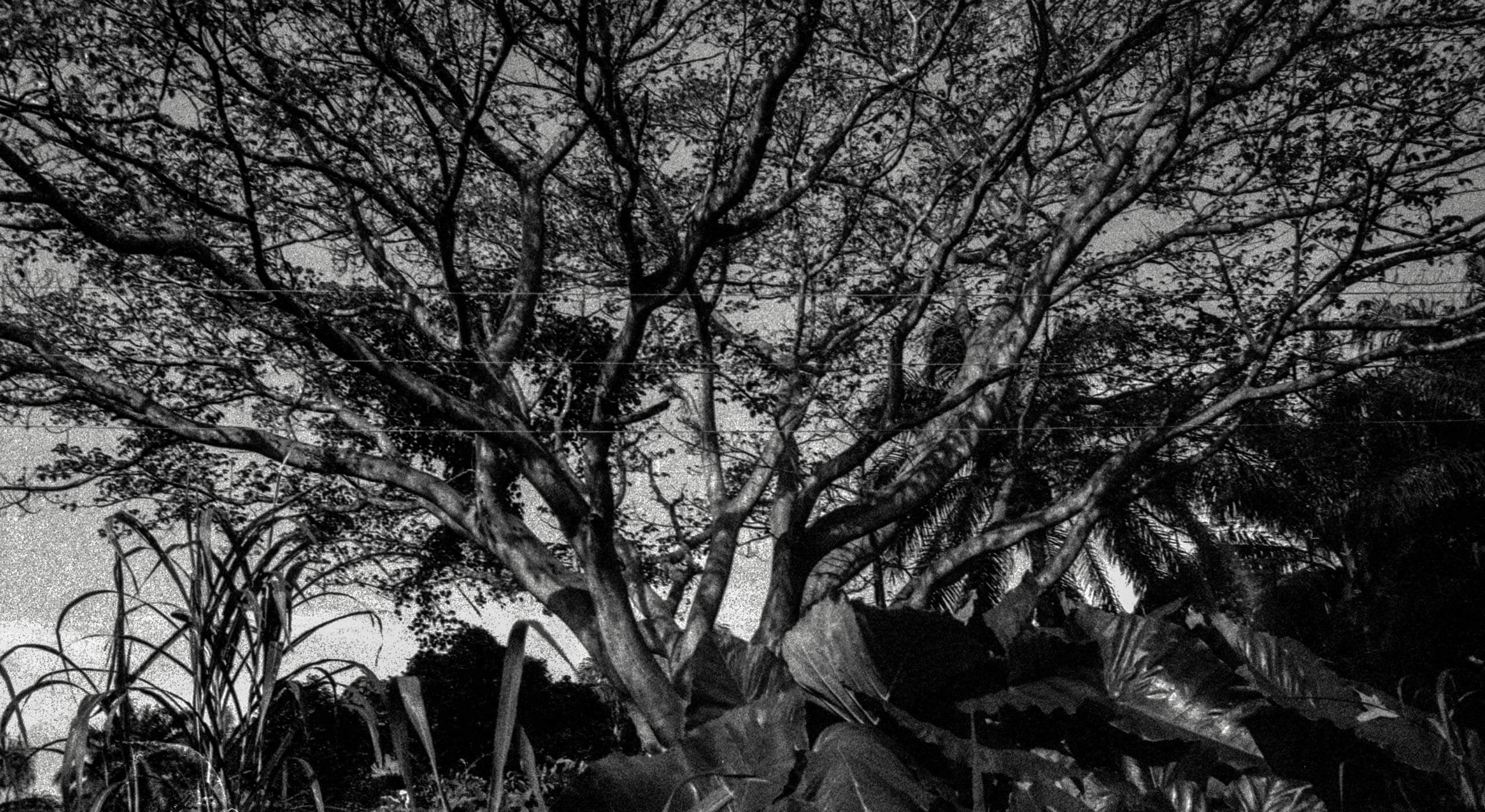

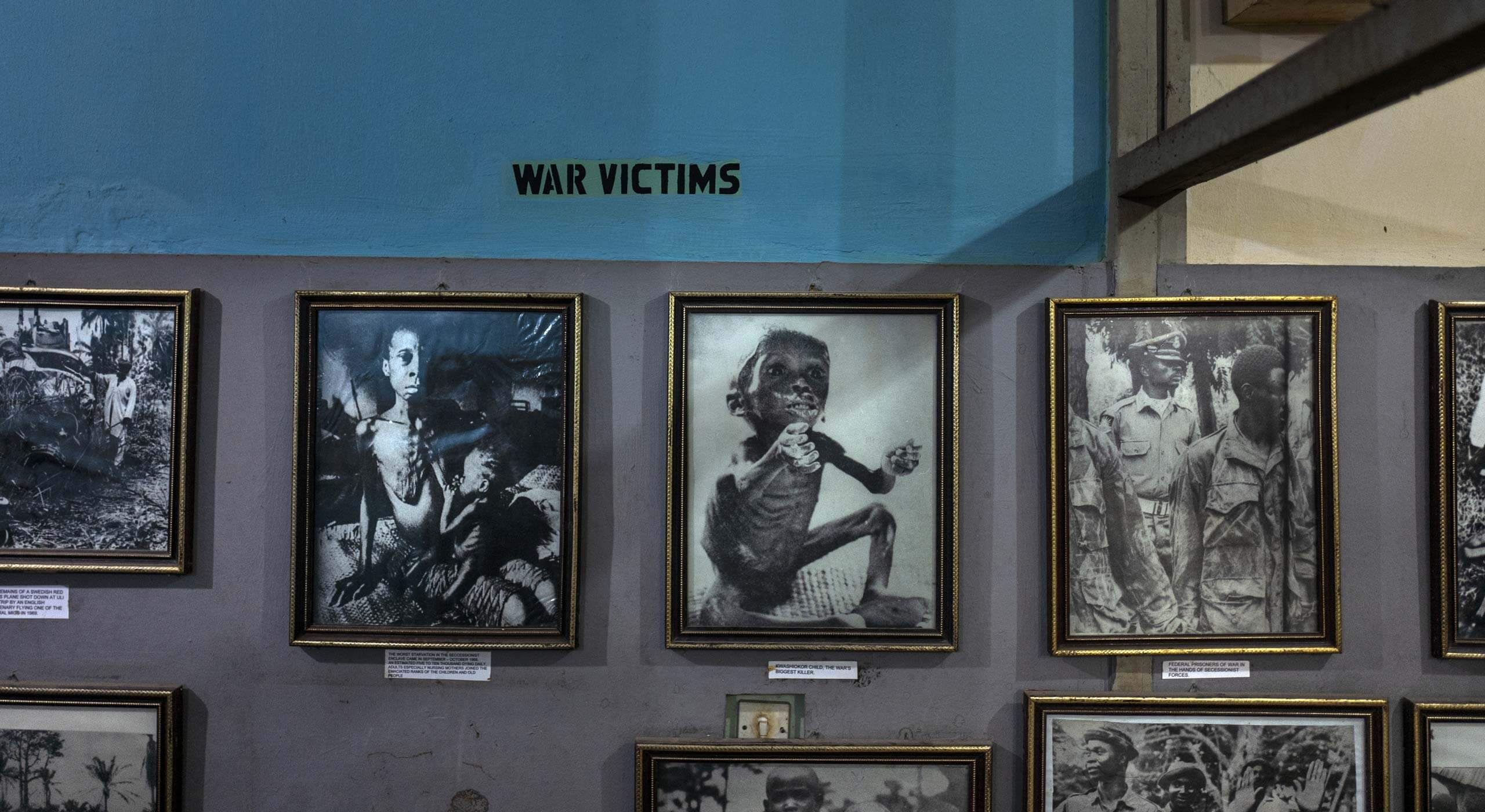
Kwashiorkor: This is a severe protein deficiency as a result of malnutrition, manifested by water edema, i.e., often in the form of so-called starvation bellies. It soon became the most conspicuous evidence of a glaring state of emergency during the secessionist war waged from July 1967 to early 1970. The government troops of the multiethnic state of Nigeria had cut off the region of Biafra from any supplies through their bombardments as well as the capture of the port city of Port Harcourt in 1968. The hunger blockade was dramatically exacerbated by the influx of refugees from other parts of the country. Thus, a humanitarian catastrophe developed that, according to various estimates, claimed hundreds of thousands, if not as many as three million lives.
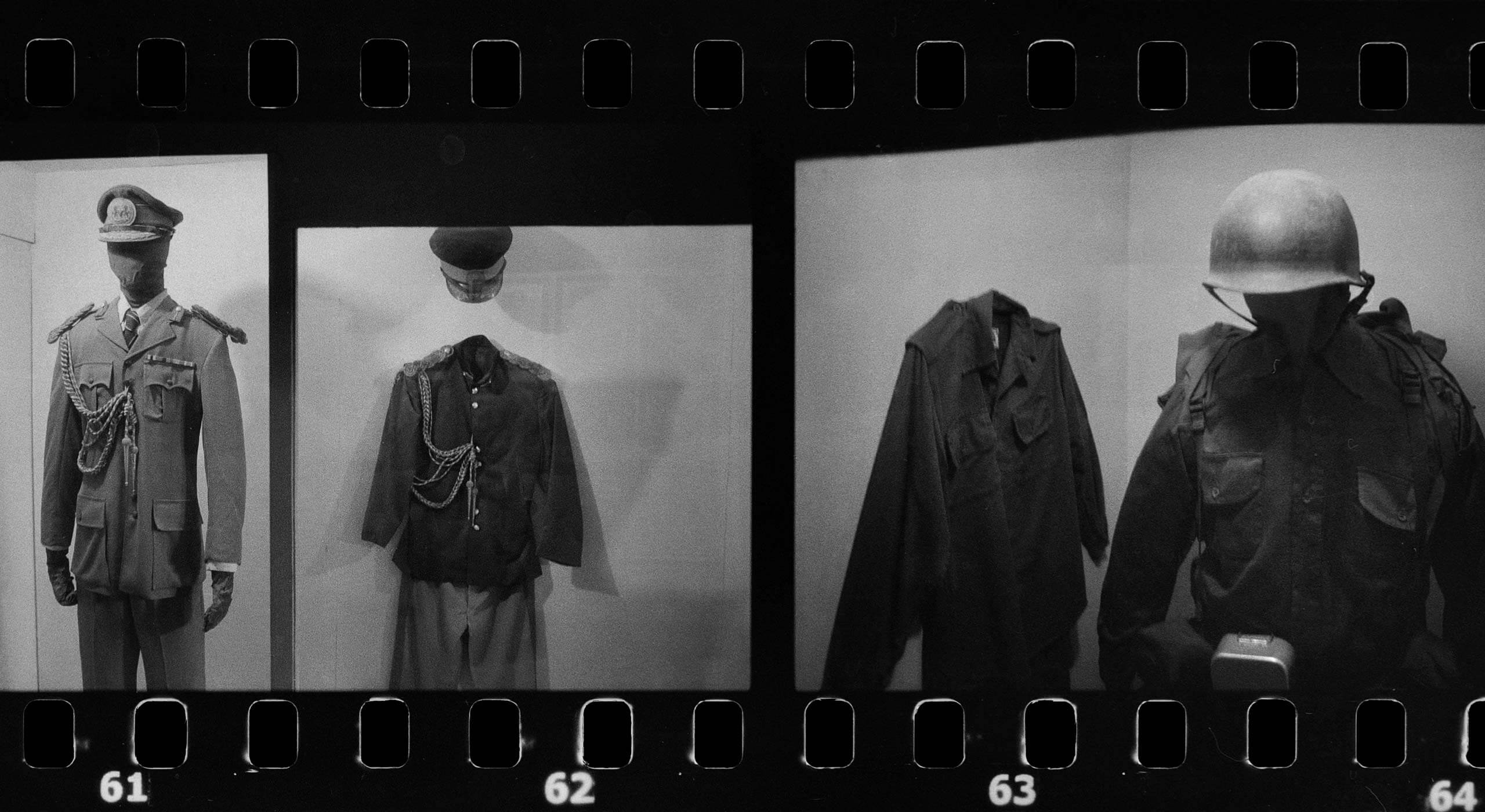
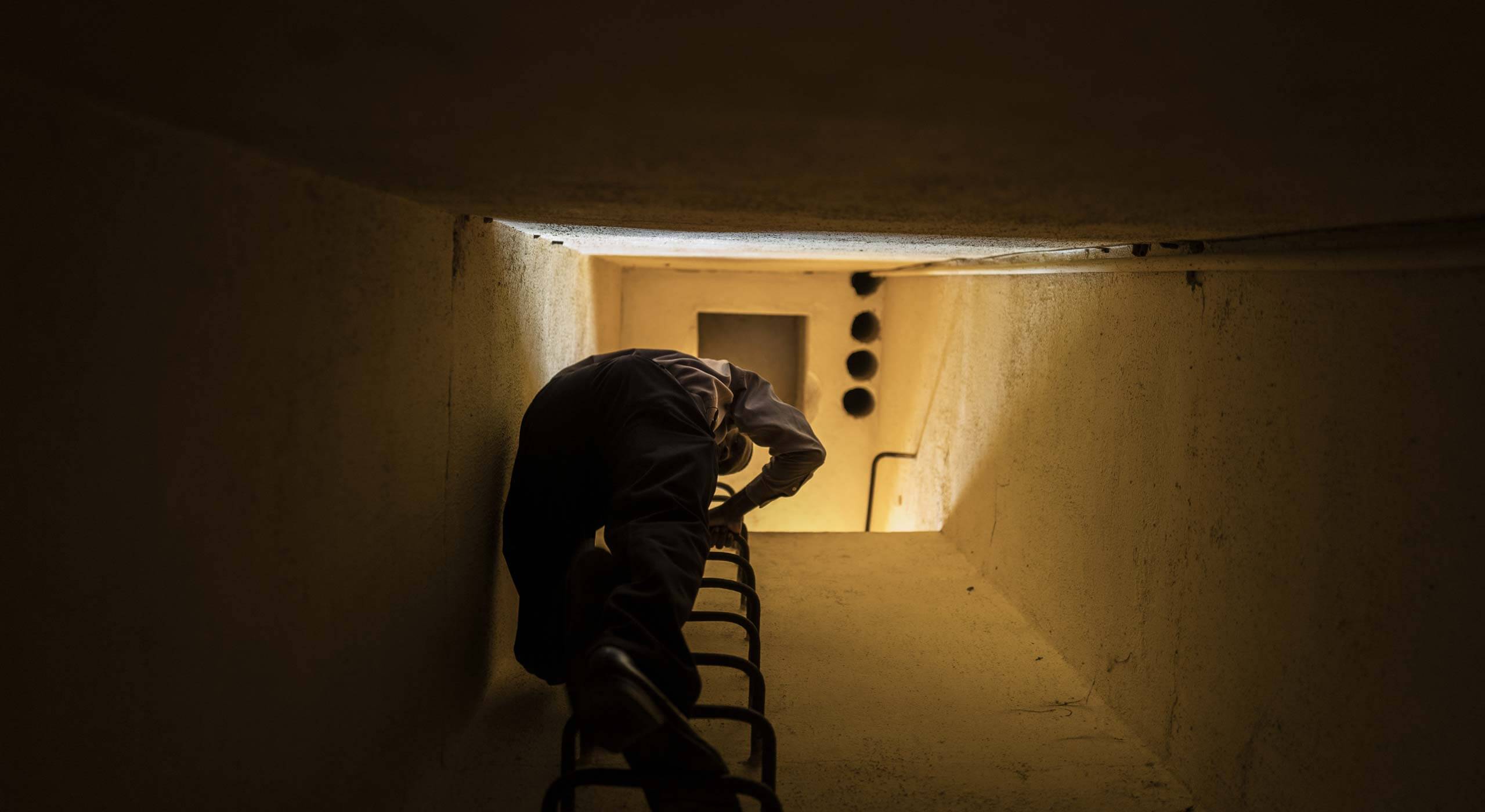
Today, Amadi works at the National War Museum in Umuahia. Every day, the trained religious educator leads guests past tanks and fighter planes to documents on the suffering of the civilian population. It is particularly important for him to reach young people who were born long after the Biafran war. And every Sunday he goes to church with his family to sing, pray and express his gratitude for having survived.
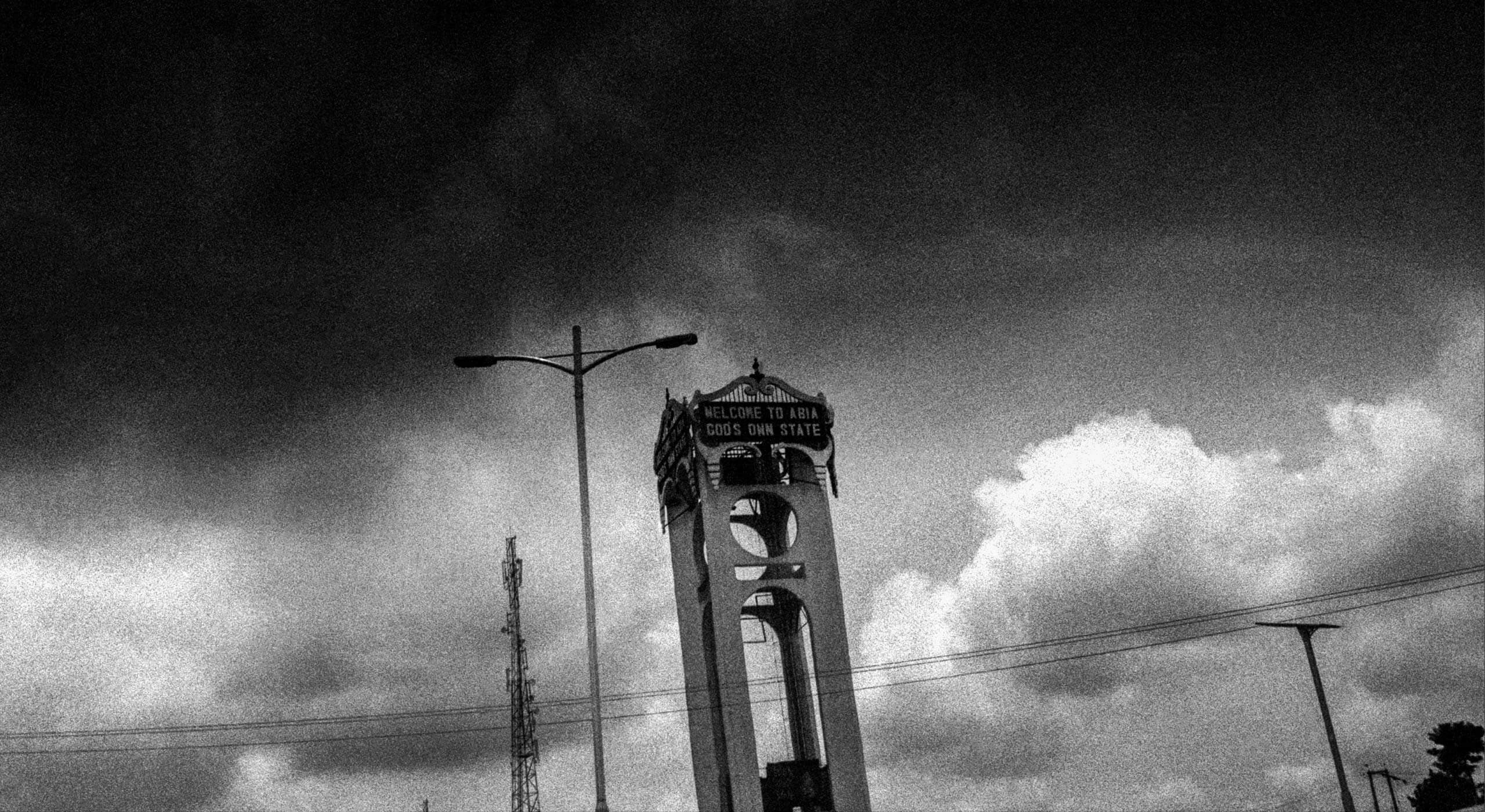
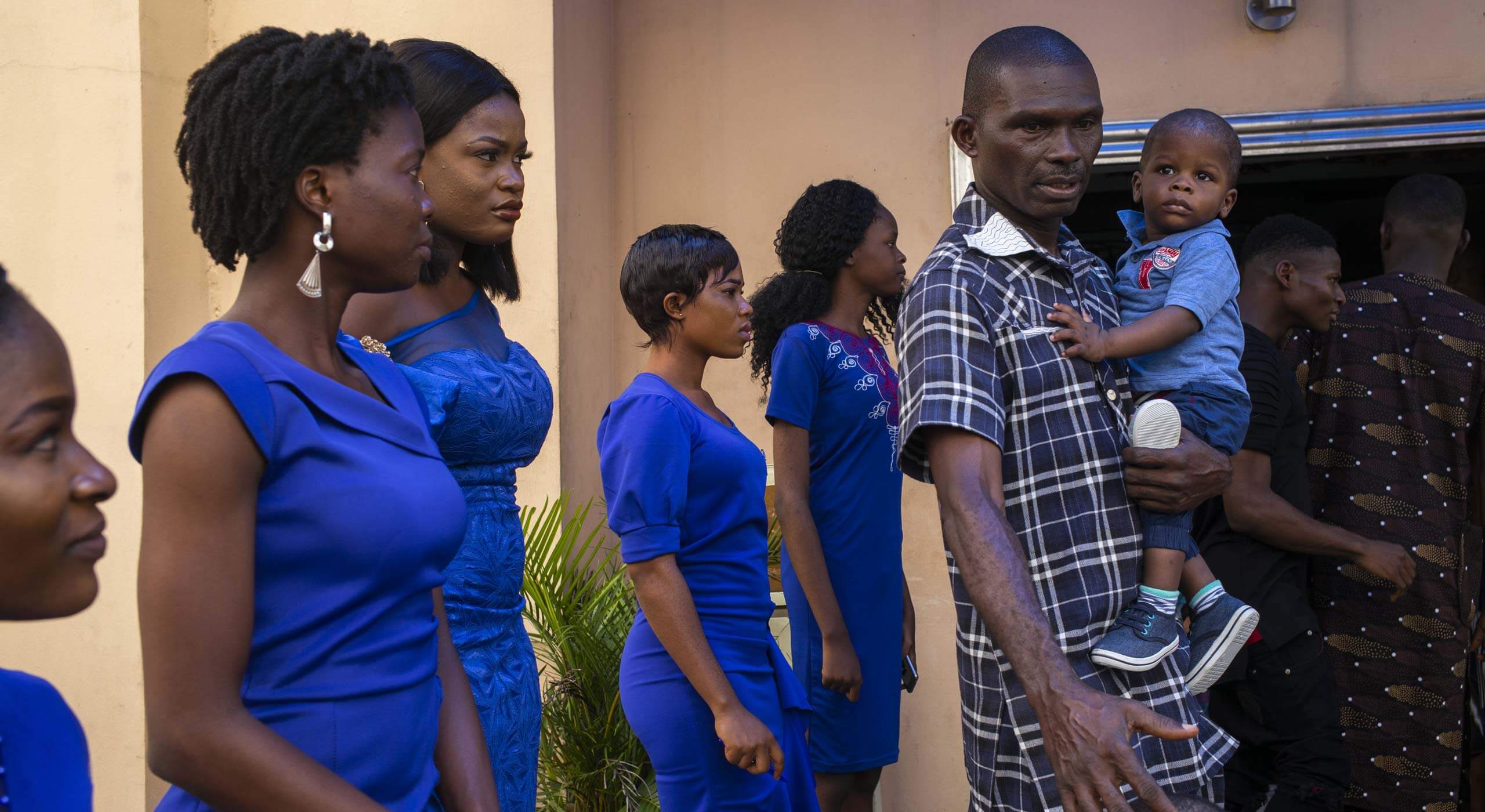
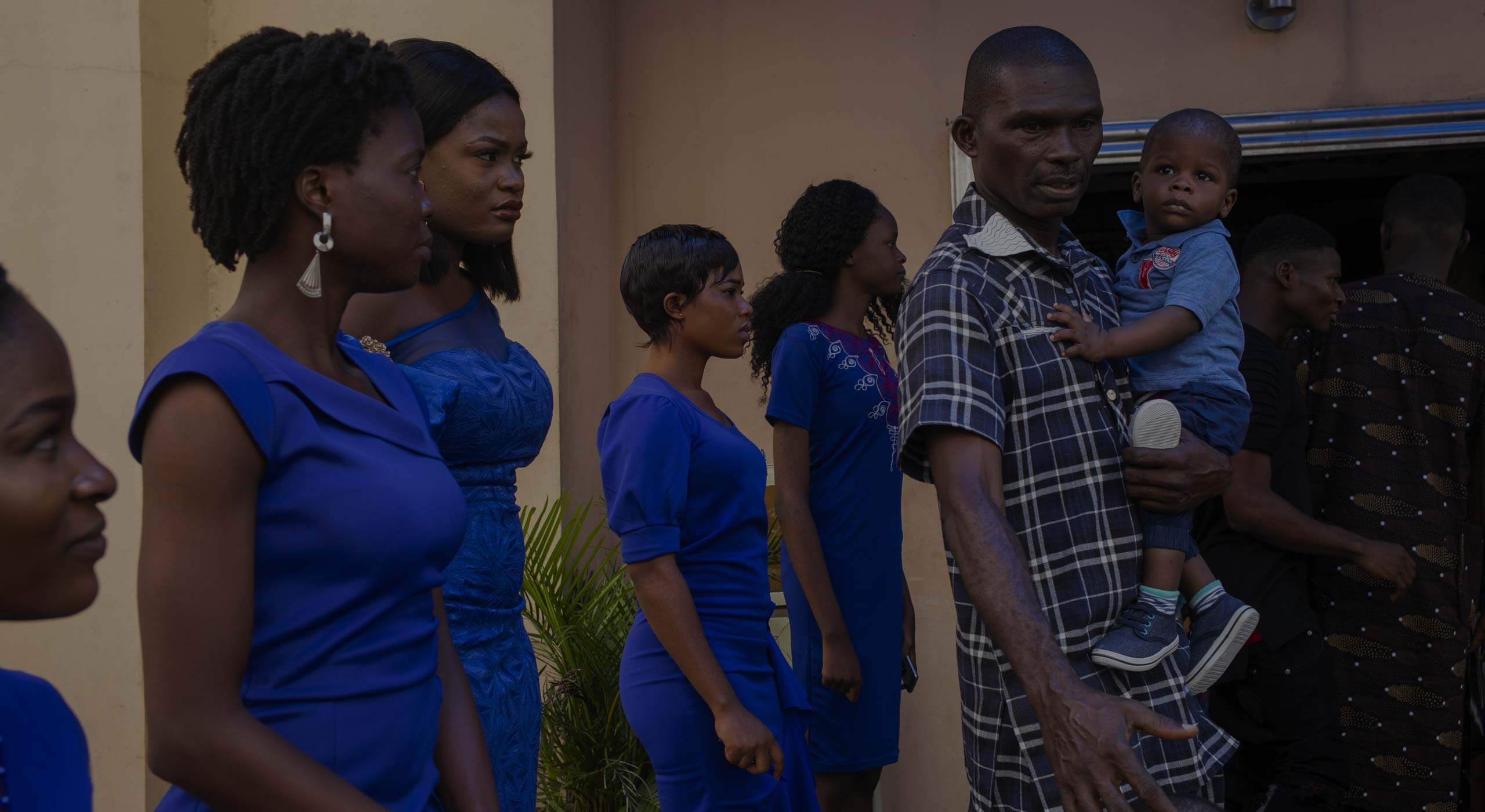
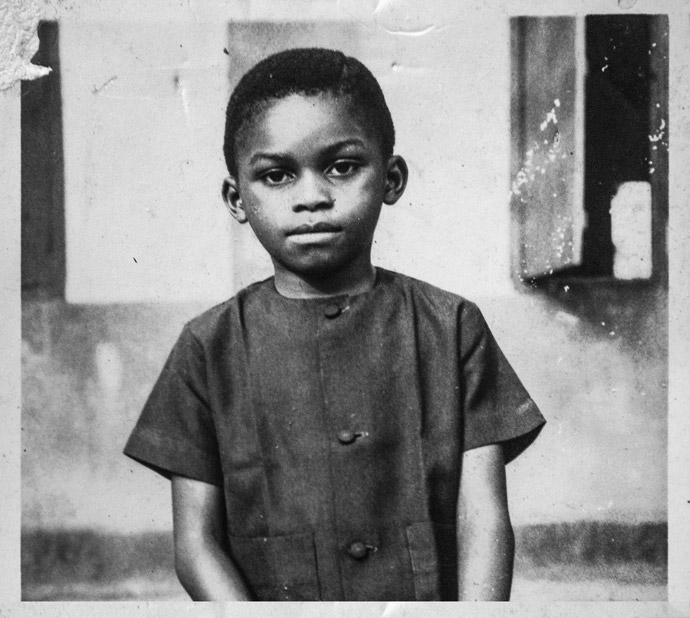
But you, self-betrayed
Raise walls of deafness to deflect
Pleas of innocence. As if the world you
Taught has lost its axis, ceased to spin.
– Professor Wole Soyinka, author and winner of the Nobel Prize in Literature

